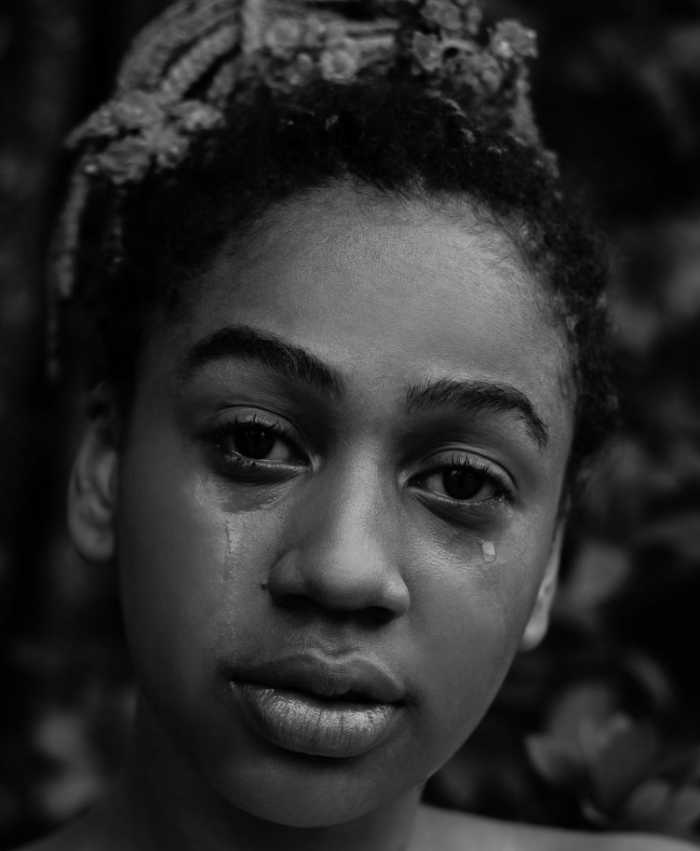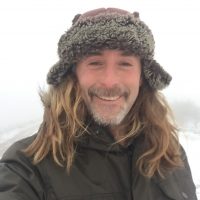There are many layers to the world of relationships—our relationships to other people, to other sentient beings, to our environment, and to the world and universe itself.
But it seems to me that the relationship that determines all of the others is the one that we have with ourselves.
You may have already heard that “you can only love another to the extent that you love yourself.”
That’s all very well, but what does that actually mean and how do we apply it to our lives?
My mother’s soul left her body when I was a baby. My stepmother was not able to mother me, and my father was pretty absent doing what most men of his generation did, which was going to work to put food on the table.
My parents had their own lack of awareness and their own wounds, so there is no blame here, but the result of this type of parenting, or lack of parenting, meant that I grew up with low self-esteem. I didn’t think I would achieve anything and believed that I was unworthy of being loved. In short, I did not have a good relationship with myself.
When I left the controlling constraints of my family, my unconscious beliefs led me to unknowingly choose a life in which my internal lack of self-love was mirrored externally. So what did that look like?
Well, I quickly descended into a shadowy world of drugs, petty crime, violence, and homelessness for seven years, in which I spent some of my days begging on the streets of Edinburgh, Scotland. It was the birth of my first son that inspired me and gave me the courage to start healing the relationship that I had with myself. As a result of some counselling sessions, I realised for the first time that the way I’d been living had been a direct result of how devoid I was of self-love.
I spent the next 23 years on a journey of self-healing, which I summarise as “the twin trails” because one trail led me inside to transform my early childhood trauma, and the other trail led me to discover the world of service and contribution to others. Quite by chance, I discovered that the two trails informed and complemented each other, which is not really surprising since everything and everyone is connected.
My journey continues, and it seems that these days I am working to continue deepening my self-love by deleting and transforming the last of the old self-deprecating programmes in my unconscious. I’m learning to be softer and gentler and the mother to myself that I never had; because the more I am able to do this, the more inner peace I have and the less I am affected by external circumstances beyond my control. As I integrate this deeper self-love, the depth of positive impact and service that I can share in the world grows too.
One of the most powerful ways of facilitating this healing has been my awareness of language. My Tai Chi teacher’s favourite saying was “mind moves first.”
By this, he meant that firstly a thought arises in our minds, this will, in turn, lead to an emotion being present to some degree, and the combination of the thought and emotion will dictate our words or actions. This determines the direction and experiences that we encounter in our lives.
For many years of my journey going back home to self-love, I have been constantly honing my mindfulness and, in particular, being aware of my thoughts and the language that I use and seeing how this is related to my happiness and quality of life. When I choose kind self-talk in relationship to myself and others, life feels easier than when I am harsh or judgmental or critical.
It is no coincidence that the word spell that we use to indicate writing words is the same word we use for casting spells in the realms of magic, or that which is beyond what we can conceive with our minds. So in effect, the words we think, write, or speak will determine whether we manifest good or bad spells. We programme our life experience to a large extent by the language we choose.
Through many conversations, I have learned that we all generally have a self-critical voice in our head that is prone to berating us or giving us a hard time when things are challenging. For example, we are feeling low and melancholic, and the voice in our head tells us that we should pull ourselves together and stop being so pathetic, even though we have a good reason for feeling low in the first place. These days I choose to have an inner cheerleader rather than an inner critic, and I soften the words I use in my self-talk.
In addition to this, I try to delete words like should, ought, must, have to from my vocabulary because they take away my power and make me feel like a victim of life. I am no longer a boy who is being told what to do by an angry parent. Instead, I use the words “choose,” “would like to,” or “want to.” When we think about it, there is little that we have to do, and these words give me my power back.
Language is a form of artistry, and though we may start out in life with words, ideas, and beliefs that were imposed on us by a dysfunctional society or ignorant parents, we can choose our own vocabulary now and cast the sort of spells that will create a beautiful, abundant, and joyful life.
The journey back home to love is quite an adventure, especially when you had a challenging start. But becoming aware of the power of our words and adopting a language of love, in my experience, goes a long way in bringing more joy, peace, and happiness to this adventure called life.












Read 7 comments and reply